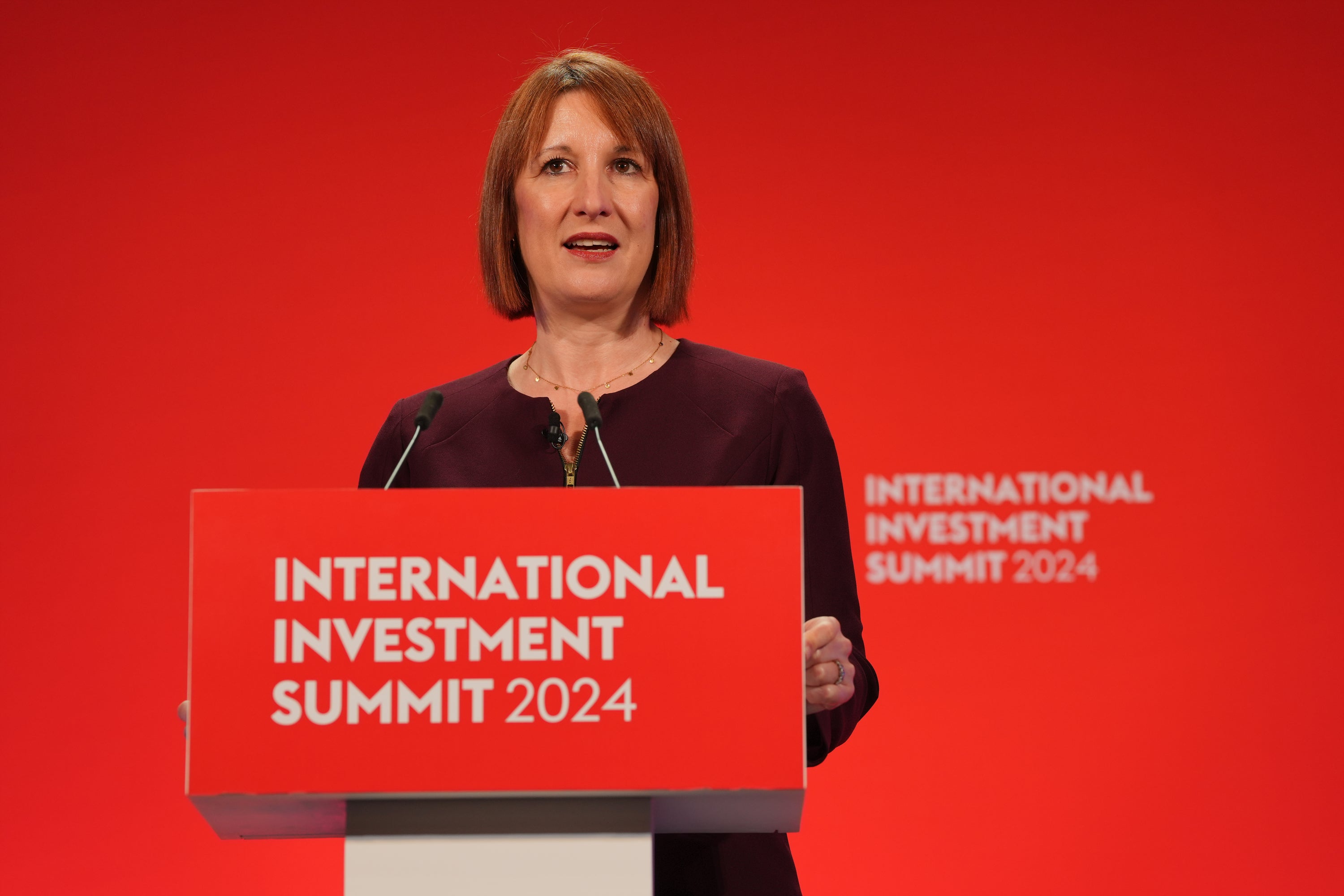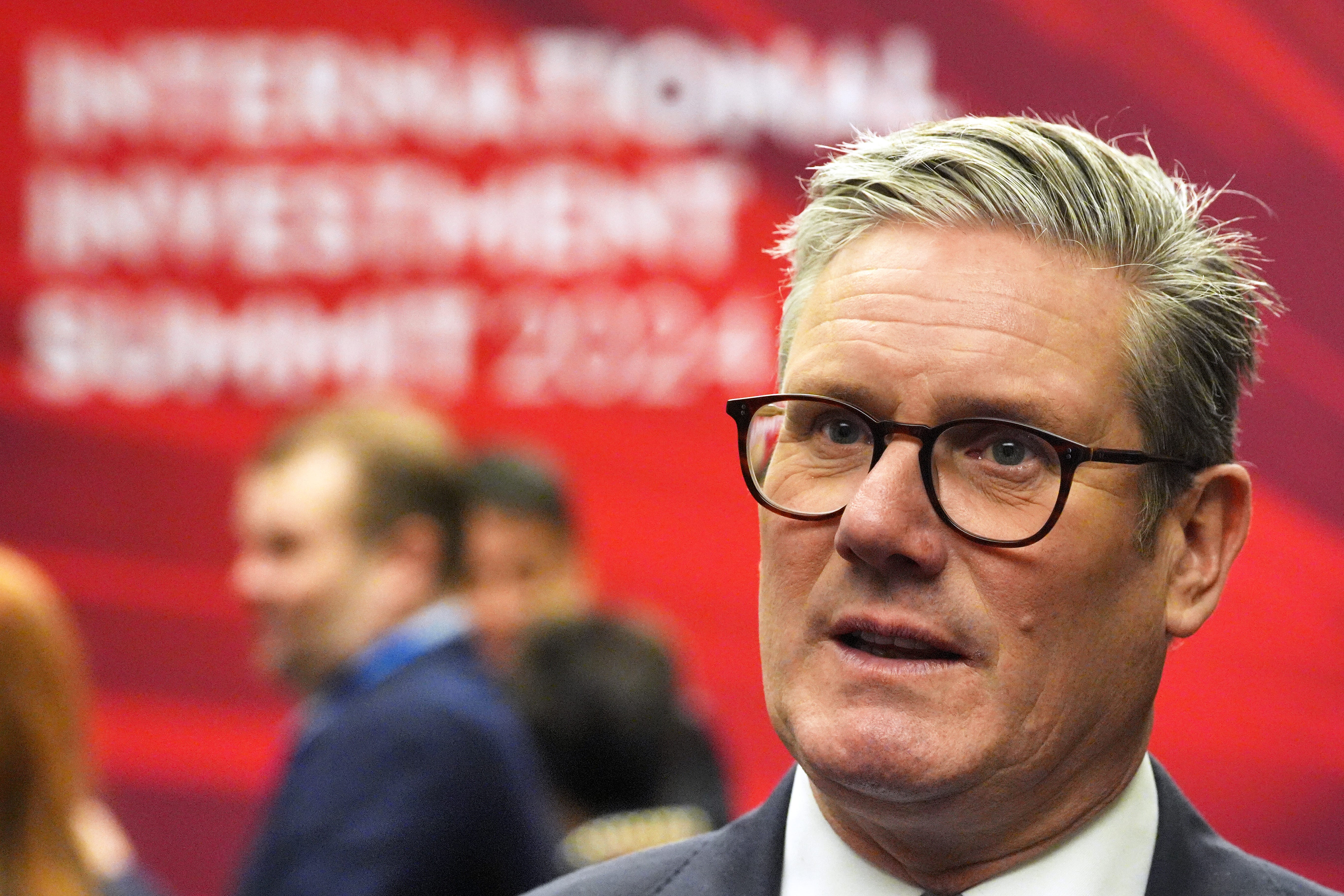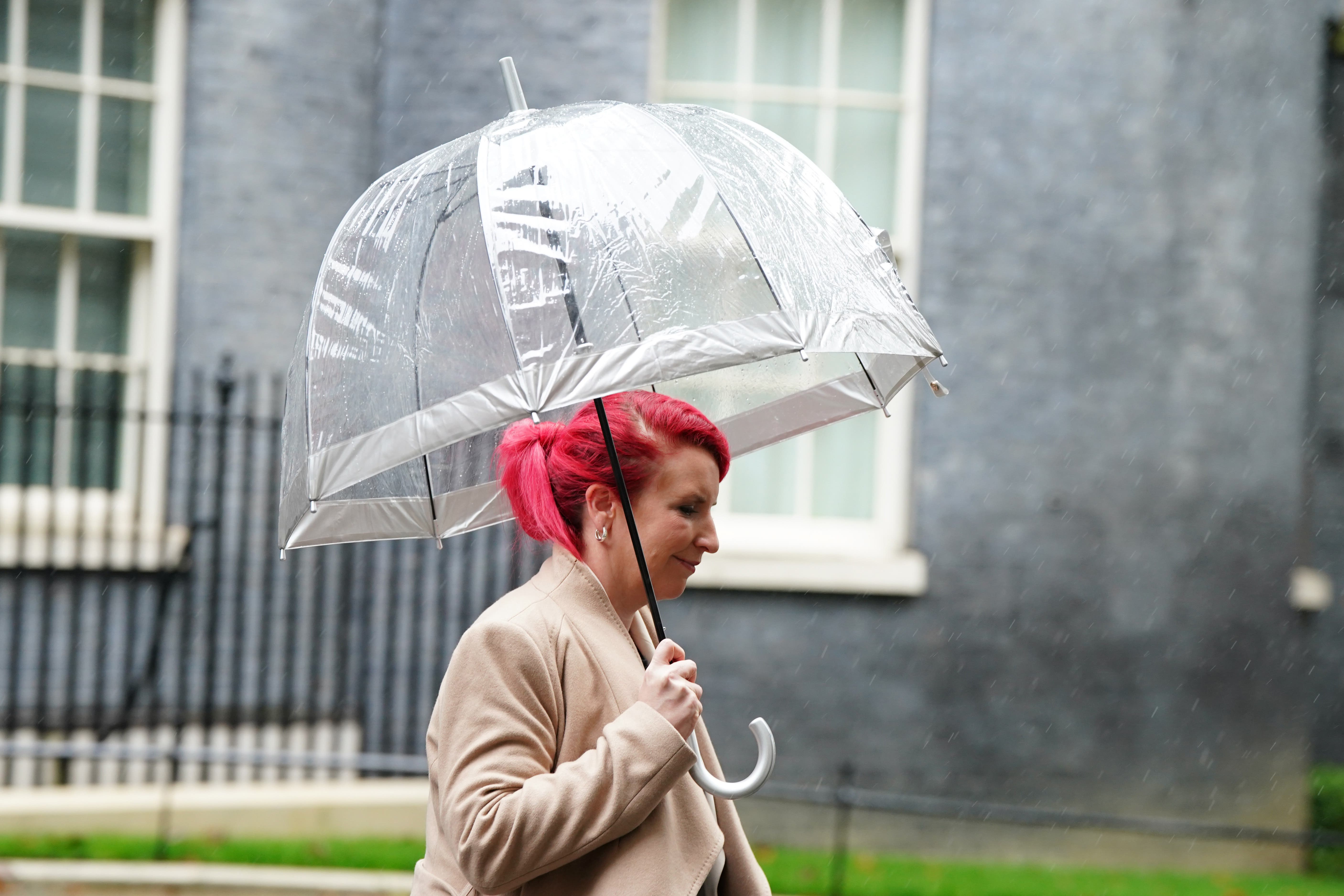Rachel Reeves boosts big business as she caps corporation tax at 25% and woos investment in Britain
Fourth big tax freeze as chancellor makes bold offer to attract top global firms to UK
Your support helps us to tell the story
From reproductive rights to climate change to Big Tech, The Independent is on the ground when the story is developing. Whether it's investigating the financials of Elon Musk's pro-Trump PAC or producing our latest documentary, 'The A Word', which shines a light on the American women fighting for reproductive rights, we know how important it is to parse out the facts from the messaging.
At such a critical moment in US history, we need reporters on the ground. Your donation allows us to keep sending journalists to speak to both sides of the story.
The Independent is trusted by Americans across the entire political spectrum. And unlike many other quality news outlets, we choose not to lock Americans out of our reporting and analysis with paywalls. We believe quality journalism should be available to everyone, paid for by those who can afford it.
Your support makes all the difference.Rachel Reeves announced her fourth big tax freeze on Monday, pledging to cap corporation tax at 25 per cent for the lifetime of this parliament as she made a bold offer to the world’s largest businesses to invest in Britain.
It leaves her with little space to manoeuvre in this month’s Budget, having already promised not to raise income tax, VAT, or employee contributions on national insurance.
And it will increase speculation that she will try to fill a £25bn gap in her spending commitments by raising wealth taxes such as capital gains and inheritance, or employer national insurance contributions.

The corporation tax announcement came as she and Sir Keir Starmer led the charge to bring in billions in investment and attempted to calm fears about the Budget on 30 October and the recent row over workers’ rights while drawing a line under the “pain of Brexit”.
The summit saw DP World restore its plans for a £1bn investment in the London Gateway port expansion project after withdrawing over the weekend. Other announcements included:
- A £1.1bn investment by Manchester Airports Group to expand Stansted
- £6.3bn worth of investment in data centres by CyrusOne, ServiceNow, cloudHQ and CoreWeave
- Ports operator ABP committing more than £200m to a joint investment with Stena Line for a new freight terminal at Immingham
- A £150m investment by Imperial College London in a new research and development campus
- Confirmation of £24bn worth of clean energy investment, which was signalled last week in the build-up to the summit
As both the prime minister and the chancellor pledged that the EU reset would amount to a reset with business, too, they came under pressure again from Labour London mayor Sadiq Khan, speaking at the International Investment Summit at the Guildhall in the City of London, to consider rejoining the single market.
But addressing business leaders, Ms Reeves made clear that her main pitch was to offer them economic stability and certainty after a tumultuous time in UK politics.

She said: “I know that providing certainty is right at the heart of that. The constant changes that we have seen in corporation tax in recent years have caused instability.
“So at the Budget, this government will be outlining a corporate tax roadmap. We will cap the rate of corporation tax at 25 per cent, the lowest in the G7, for the duration of this parliament.
“We will maintain a world-leading capital allowances offer, with full expensing and the £1m annual investment allowance, and we will maintain the current rates for the research and development reliefs which provide generous support for innovation.
“This is a vital step to deliver certainty and support businesses to grow.”
She also announced that the government will “turbocharge” the UK Infrastructure Bank by converting it into the new national wealth fund.
The fund will catalyse tens of billions of pounds’ worth of private investment into clean energy and growth industries, such as green hydrogen, carbon capture and storage, and gigafactories.

Ms Reeves said: “From today, we are turbocharging the UK Infrastructure Bank, which will operate as our national wealth fund. It will be headquartered in Leeds with a bigger team, more freedom, and an expanded suite of financial instruments and more economic risk capital to ensure that the national wealth fund’s investments can be even more catalytic.”
Earlier, the prime minister tried to explain why his government’s decision to increase workers’ rights and lift restrictions on trade unions calling industrial action would help, rather than hinder, growth.
On workers’ rights, Sir Keir told the audience: “Growth is higher wages. Growth is a more vibrant high street. Growth is public services back on their feet, it’s less poverty, more opportunity, more meals out, more holidays, more precious moments with your family, more cash in your pocket.
“And, of course, for any business it means a bigger market, higher demand, a more secure and prosperous future.”
But he also made a pledge to slash red tape, especially in relation to major projects, saying it is “time to upgrade the regulatory regime” as he promised to “rip up” the bureaucracy holding back investment.
He said the government would “make sure that every regulator” in the country takes growth “as seriously” as businesses.
The prime minister also took a sideswipe at former PM Boris Johnson for once saying “F*** business” in a clash over Brexit.
It followed the news that P&O Ferries owner DP World had reinstated its plan to invest £1bn in the London Gateway project, after the company earlier withdrew from the scheme in response to the comments of transport secretary Louise Haigh, who said she was still boycotting the company over the fire-and-rehire scandal two years ago. Her remarks about DP World being “a cowboy operator” led to a row that almost derailed the conference.
But Sir Keir insisted that his government would see a resetting of relations with business, as well as the EU, after the harms of Brexit.
He said: “We are determined to improve [Britain’s global standing]. Determined to repair Britain’s brand as an open, outward-looking, confident, trading nation.
“I see this as a diplomatic necessity, and I think it is clear what a priority I have given it in the first 100 days of this government, all around the world.
“People want to know that Britain can be a stable, trusted, rule-abiding partner, as we have always been.
“But somehow, during the whole circus that followed Brexit, the last government made a few people less sure about [that]. Needlessly insulting our closest allies. And of course, a few choice Anglo-Saxon phrases for business. Well, no more. We have turned the page on that decisively, and we will use that reset for growth.”
Meanwhile, Ms Reeves used her speech to emphasise that the government will restore stability to the UK after the chaos of Brexit and the disastrous Liz Truss mini-Budget.

Join our commenting forum
Join thought-provoking conversations, follow other Independent readers and see their replies
Comments